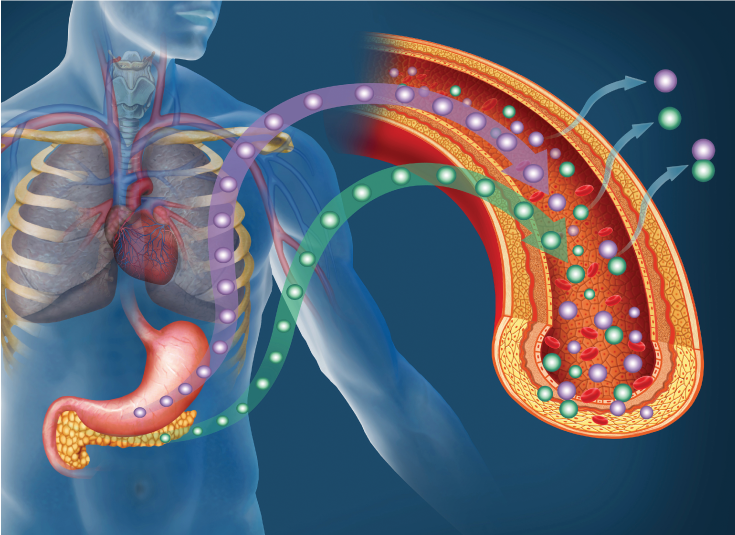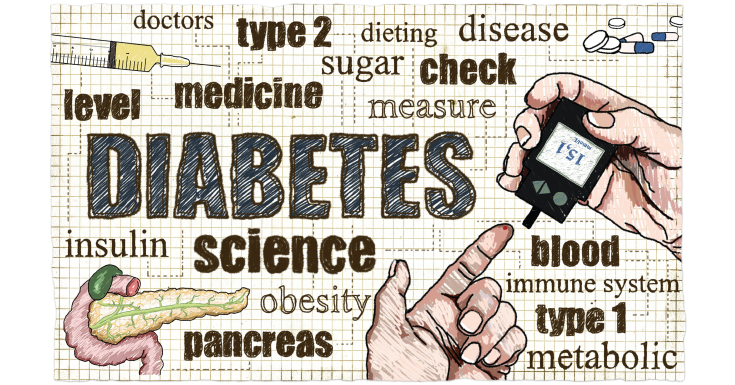1. What is diabetes? What are the types of Diabetes?
Diabetes is a disease whereby the glucose or sugar level in the blood is high. There are few problems with defects of insulin transporter, problems with defects in insulin production and problems of glucose utilisation and environmental and lifestyle.
There are few types of diabetes. Type I Diabetes, Type II Diabetes, Latent Autoimmune Diabetes in Adults, Maturity onset Diabetes in the Young, Gestational diabetes, drug induced Diabetes and others.
About 90 percent of diabetes are Type II Diabetes while 10 percent are the rest.
2. Simple steps to preventing diabetes.
- Eat in moderation with regular eating times and regular meals. For example, a one day meal plan should consist of breakfast, lunch and dinner with 1 snack time in between. Carbohydrate portions cannot be totally omitted from the diet. For example, you can choose to eat half a small bowl of white rice or a bowl of brown rice or a bowl of Basmati rice.
- Usual timeframes for food should be around 8am to 9am for breakfast, 12pm to 1pm for lunch and 6 to 7pm for dinner. Try not to eat past 8 pm to 9pm.
- After the last meal, you should preferably have some form of physical activity. Your sleeping time should not be too near to the last meal, at best it should be about 4 hours after or so.
3. What are the signs and symptoms of diabetes?
- Excessive urination
- Excessive hunger
- Thirsty
- Cannot focus
- Excessive weight gains and weight loss
- Blurry vision
- Numbness and tingling in hands or legs
- Tiredness
- Lethargy
- Sleepiness
- Frequent infections i.e. internal or external
- Confused and altered behaviour
- Fits
- Coma
4. What are the causes of diabetes?
- Overweight
- Sedentary lifestyle
- Poor dietary habit
- Genetic
- Family history
- Autoimmune
- Pregnancy for some people
- Pancreas inflammation
- Drug induced (eg. steroids)
5. What are the risk factors and complications of diabetes?
Risk factors
- Pre-diabetes
- Overweight
- Above 45 years old
- Family history of diabetes
- Physical inactivity
- Previous gestational diabetes
- Heavy alcohol consumption
Complications
- Eye –cataract, retinopathy
- Kidney – nephropathy
- Blood vessels – heart disease and stroke
- Nerve – Neuropathy
- Skin – Dermopathy
- Cancer
- Depression
- Oral diseases
- Diabetic emergencies
- Foot disease eg ulcerations and infections
6. What is the criteria for diagnosing diabetes?
- Oral glucose tolerance test using 75g sugar diluted in 250cc to 300cc water.
- Fasting blood sugar more than 7 mmol/l or 2 hours post test of more than 11.1 mmol/l.
- HBA1c test more than 6.5%
- 2 isolated fasting blood glucose of more than 7 mmol/l
- 2 isolated random blood glucose of more than 11.1 mol/l

7. How to manage diabetes with diet & lifestyle?
- Cut down sugar – simple sugars should be avoided.
- Choose complex carbohydrates where sugar will be released slowly over a protracted time.
- Eat regularly and on time.
- Do not eat too late in the day.
- Cut down alcohol consumption or stop it completely.
- Exercise 150 minutes per week (any form of physical activity is good).
- Sleep adequately according to your age and what is required.
8. What is the latest medical treatment for diabetes?
- Insulin pumps have been around since the 1970s. It’s basically a machine that is attached to your body through a delivery port. It delivers a background or what is known as a basal amount of insulin replacement throughout the day. When you eat, it can deliver bolus insulin (amount of insulin taken to cover an expected rise in blood glucose when you eat a meal or snack).
- Injectable GLP-1 agonists like Semaglutide and Trulicity, that have been around since 2014. They are injected weekly and have the potential to bring down body weight and control blood glucose levels. Typically injected in the lower abdomen, they are used as adjunct to the conventional oral hypoglycemic drugs. It’s mainly used to treat type II Diabetes.
 Dr. Lim Soo San
Dr. Lim Soo San
Internal Medicine, Sub-Specialty: Endocrinology
Pantai Hospital Cheras (PHC)


